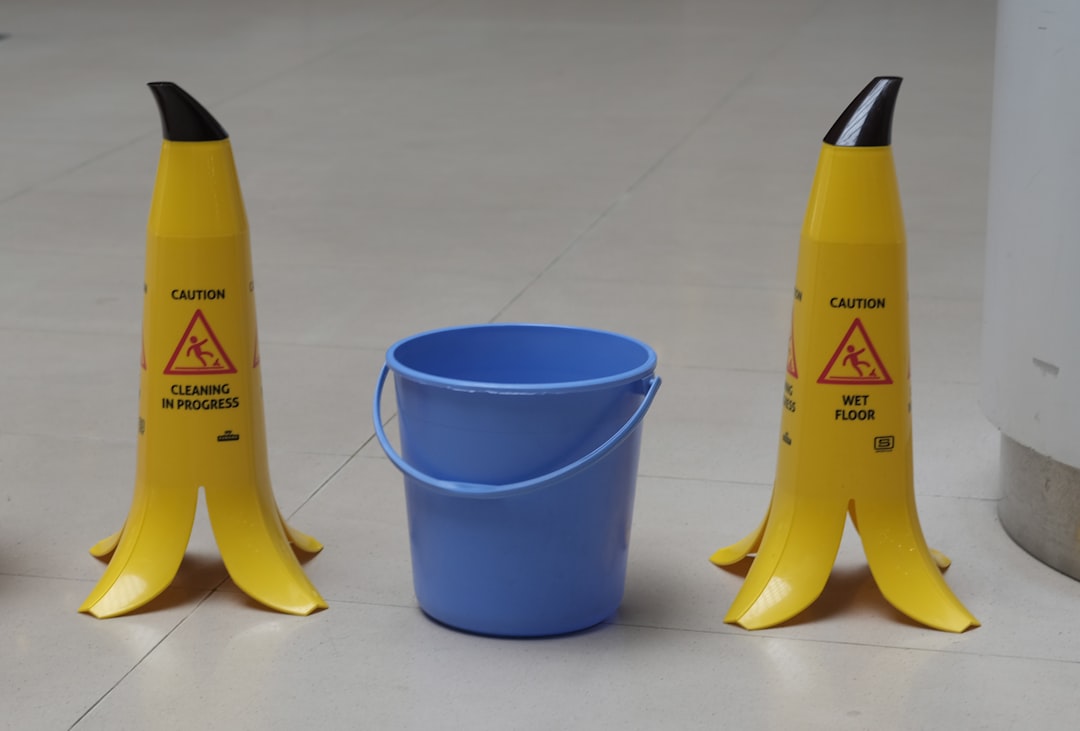Memory is a crucial aspect of learning. The ability to remember, analyze, and effectively use new information is a necessary skill to succeed in academia and the working world. However, it can be challenging to know whether you’re retaining the information you’re learning. While some people find it easy to assess their cognitive learning, others may struggle with this task.
Assessing your cognitive learning is a critical component of studying. It helps you identify where your strengths and weaknesses are, and it allows you to adjust your studying methods to suit your learning style. The assessment of cognitive learning is essential because not all information is necessary to retain. Knowing what topics you do and do not understand enables you to focus your efforts effectively.
But what is cognitive learning? Cognitive learning is the process of acquiring knowledge through the use of mental processes such as perception, thinking, reasoning, and judgment. This type of learning involves using critical thinking skills to problem-solve, apply knowledge, and analyze information.
The first step in assessing your cognitive learning is to identify the type of information you are trying to retain. Are you trying to memorize dates for a history test or learn a new language? Different subjects require different study methods. For example, memorization exercises may be effective for history tests, but it may not be as useful for learning a language. Once you have identified the learning area, evaluate how well you understand the material by using practice questions or quizzes.
Visual aids such as flashcards are an effective tool for assessing cognitive learning. By repeatedly looking at the flashcard, you are strengthening neural pathways in your brain. This repetition, paired with the visual cue, facilitates the encoding and retrieval of information. To make flashcards more effective, write down a question or concept on one side and the answer on the other.
Another useful tool to evaluate your cognitive learning is to explain the information to someone else. Teaching someone else a concept requires you to have a thorough understanding of the material. This technique may also help you identify gaps in your knowledge or areas where you still need to improve.
Writing down what you’ve learned is another effective method of assessment. The act of writing aids in retention, as it forces you to focus on the content you’re writing down. It also provides a reference point for future study sessions. The act of summarizing and writing down information in your own words also forces you to think through the material conceptually.
A less conventional way of assessing cognitive learning is through meditation. Meditation has been shown to increase brain power and cognitive abilities. By taking a few moments to center yourself before studying, you may find that you are better able to commit information to memory.
As you assess your cognitive learning, it’s important to experiment with different methods to find what works best for you. Not everyone learns the same way, so it’s crucial to find a method that suits you. Don’t be afraid to try new techniques or modify existing ones to fit your learning needs.
Finally, it’s important to take breaks while studying. Your brain can become overwhelmed if you study for too long. Even taking a few minutes to stretch or walk around can help relieve tension and promote better cognitive functioning.
Assessment of cognitive learning is a critical component of studying. By finding ways to assess how well you understand the material you are learning, you can adjust your study methods accordingly. Visual aids, teaching others, writing, meditating, and taking breaks are all useful tools for assessing cognitive learning. It’s crucial to experiment with different methods and find what works best for you. Remember to take breaks, and don’t be afraid to modify existing methods to fit your learning needs.











